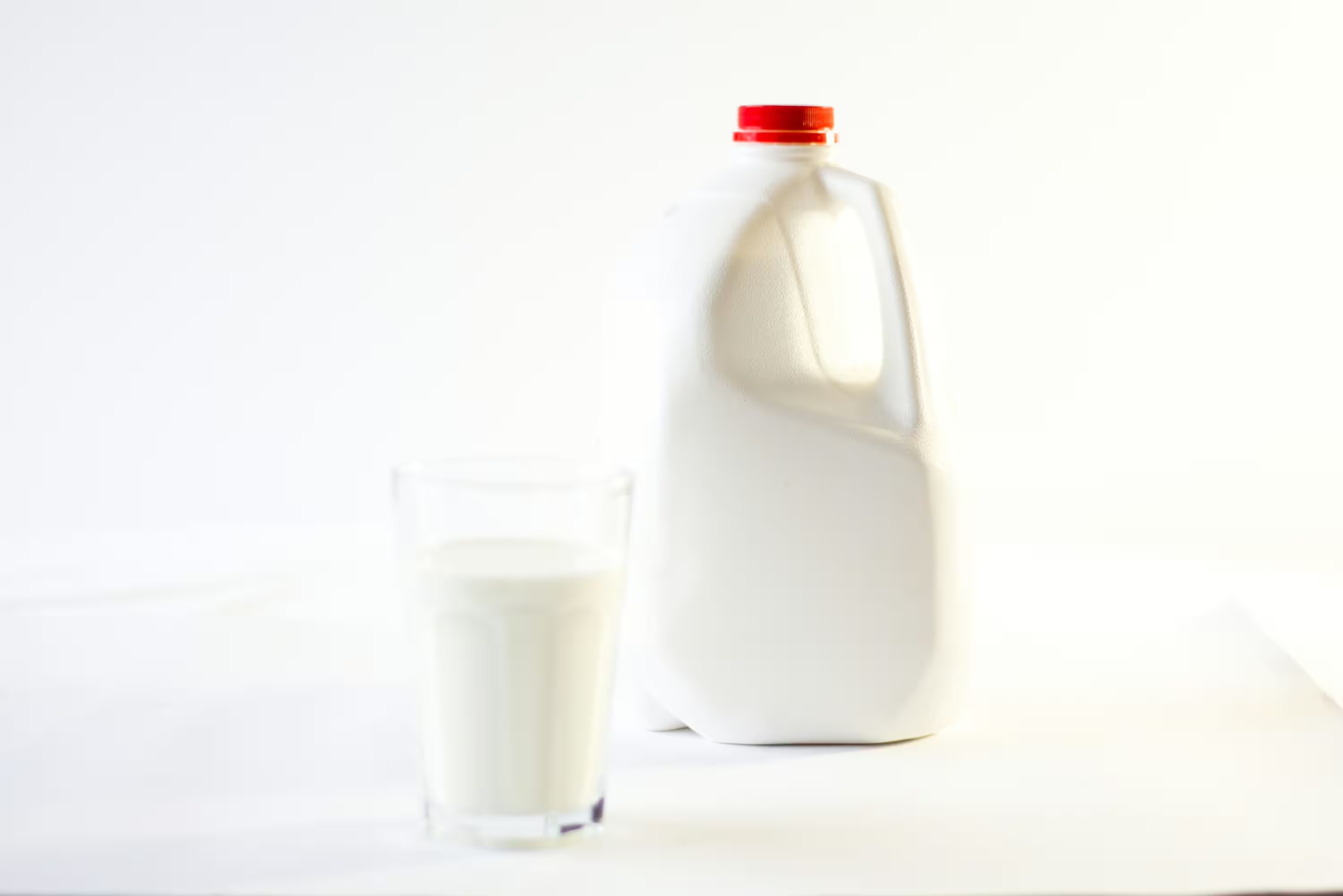Full milk is obtained from cows and is rich in fats and protein. Whole milk is often considered to be the most nutritious of the different types of milk, because it contains all the nutrients naturally present in cow's milk, including fats, proteins, vitamins and minerals. Whole milk is particularly rich in vitamins A and D, and is also an excellent source of calcium, which is important for the health of bones and teeth. However, whole milk is also more caloric and more fatty than other types of milk, such as skimmed milk or low milk in fat, which makes it less suitable for people who follow a restrictive fat or regime calories.
